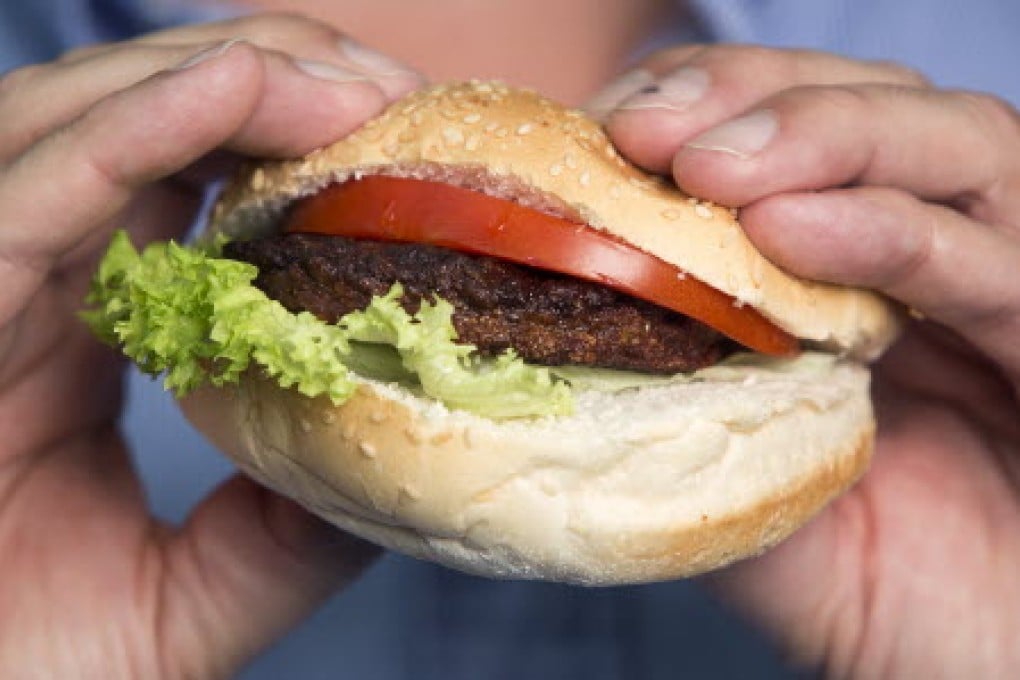Why stem-cell hamburger tastes like the future
Gwynne Dyer says lab-grown meat could solve agricultural land crisis

The most important hamburger in history was cooked - but only half-eaten - in London on Monday. It was grown in a lab, not cut from a cow, and it tasted - well, not quite good enough to fool the experts, but then they forgot the ketchup, mustard, cheese, onion, bacon, tomato and lettuce. Not to mention the fries.
"I miss the fat, there's a leanness to it," said food writer Josh Schonwald, "but the general bite feels like a hamburger." Austrian food critic Hanni Ruetzler agreed: "It's not that juicy, but the consistency is perfect. This is meat to me." Even in a blind tasting, she added, she would say that it was real meat and not a soya copy.
In 10 or 20 years we could be producing enough meat for a growing global population
Of course she would. It real meat, grown from a cow's stem cells just like the flesh of its own body. It tasted lean because the stem cells the experimenters used were only programmed to make muscle tissue, not fat (they're working on that). The real test was whether tens of billions of lab-grown muscle cells could be organised into something with the consistency of proper meat, not mush, and the lab-burger passed that test.
But what's wrong with just eating cows - and sheep and pigs and chickens? Far beyond the objections of vegetarians and animal-rights activists, what's wrong with eating "natural" meat is that there are too many of us, eating too much of it, and we're running out of land to grow it on.
"Right now, we are using 70 per cent of all our agricultural capacity to grow meat through livestock," Professor Mark Post, the lead researcher, said at a conference in Vancouver last year. "You are going to need alternatives. If we don't do anything, meat will become a luxury food and will become very expensive ..."
"Livestock also contributes a lot to greenhouse gas emissions, more so than our entire transport system," explained Post, a medical physiologist at Maastricht University in the Netherlands. "Livestock produces 39 per cent of global methane, 5 per cent of carbon dioxide, and 40 per cent of the nitrous oxide. Eventually, we will have an eco-tax on meat."
